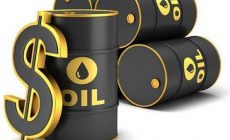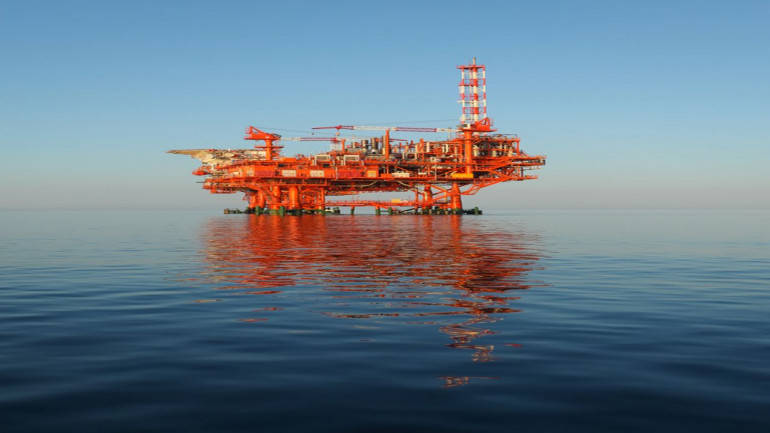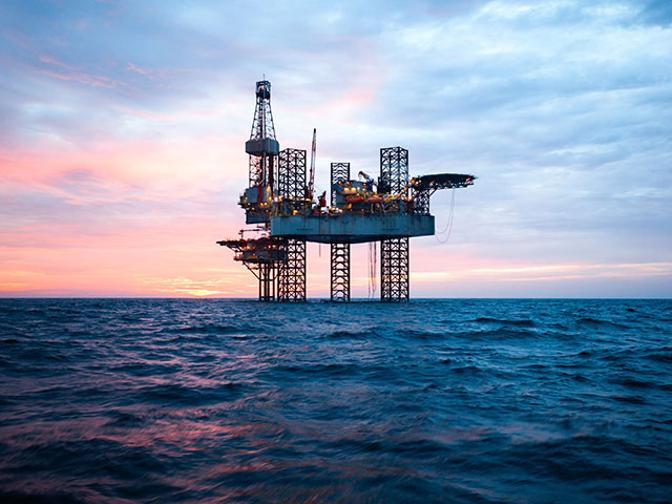Oil price falls but gov’t refuses to reduce price
- Posted on
- Comment
 Government is still reluctant to reduce the prices of petroleum products despite the drastic reduction in the price of crude oil on the world market.
Government is still reluctant to reduce the prices of petroleum products despite the drastic reduction in the price of crude oil on the world market.
To add salt to injury, it has also imposed a 17.5 percent special petroleum tax on Ghanaians, as specified by 2015 Budget Statement, which was presented to Parliament recently.
But Bloomberg on Friday reported that oil extended losses below $60 a barrel in New York, falling to a five-year low as the International Energy Agency cut its 2015 demand forecast for the fourth time in five months.
Brent also dropped to the lowest in five years.
West Texas Intermediate futures fell as much as 1.9 percent in New York, poised for a decline of about 10 percent this week.
The IEA reduced its estimate for global oil demand growth in 2015 by 230,000 barrels a day as falling prices hurt producing nations such as Russia.
U.S. output, already at three-decade high, will continue to rise in 2015, the IEA said.
WTI has tumbled 20 percent since OPEC decided to leave its output ceiling unchanged last month, resisting calls from members including Venezuela to cut production to stabilize prices.
Saudi Arabia, Iraq and Kuwait, the group’s three biggest members, this month deepened discounts on shipments to Asia, bolstering speculation that they’re fighting for market share.
“The race to the bottom continues,” Ole Sloth Hansen, an analyst at Saxo Bank A/S in Copenhagen, said by e-mail.
“The IEA report confirms that the negative momentum currently seen is not going away unless we begin to see signs of supply destruction.”
The European benchmark crude traded at a premium of $3.76 to WTI, compared with $3.23 at the end of in recent weeks.
Prices were down 9 percent last week and 43 percent lower in 2014.
“Government appears to be taking special pleasure in making life miserable for Ghanaians with this situation because it wants to punish the people and exact money at all costs to sponsor its activities,” an economic analyst told this paper.
Meanwhile, the National Petroleum Authority (NPA) has indicated that the price of petroleum products will only see a meager 3 percent increase even though importers of crude and users are expected to pay a special petroleum tax of 17.5 percent.
By Samuel Boadi









 (Selorm) |
(Selorm) |  (Nana Kwesi)
(Nana Kwesi)